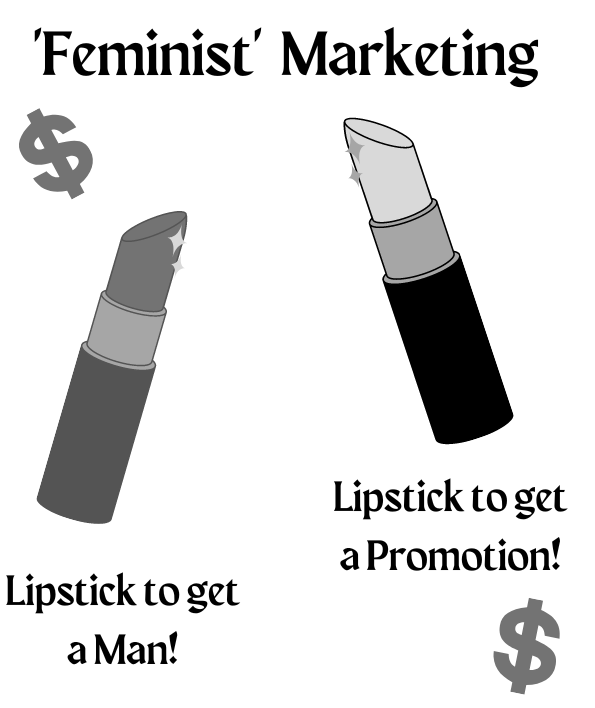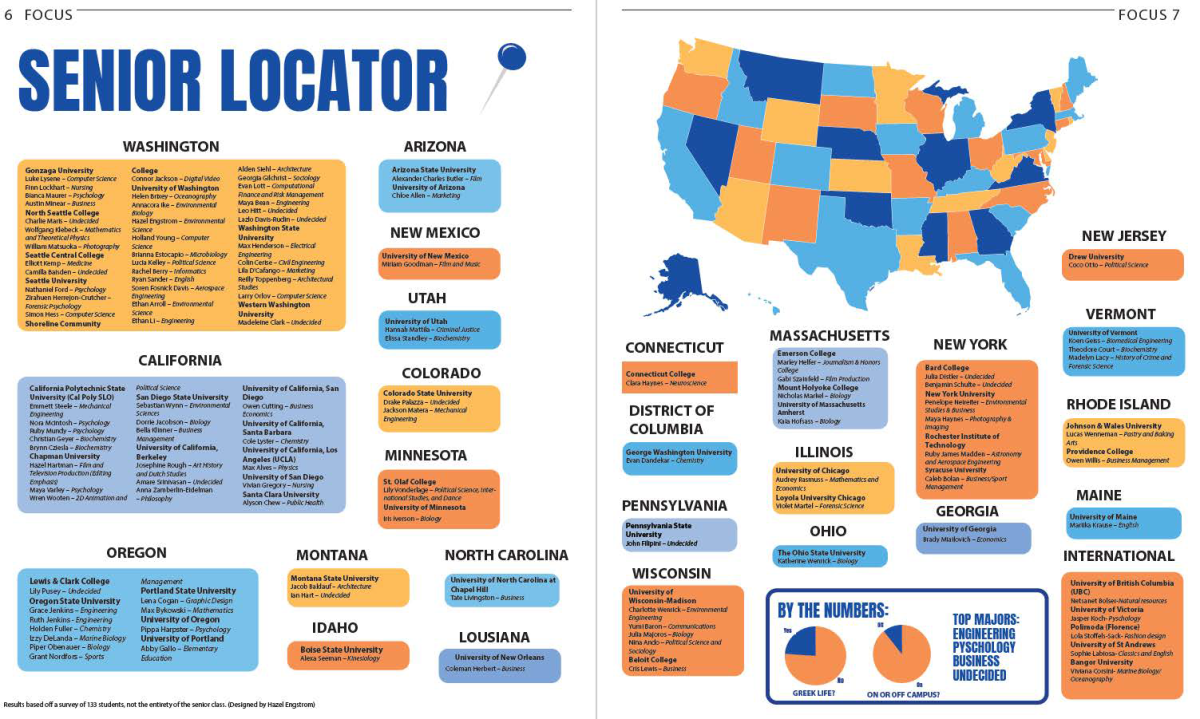Instagram wellness culture is making us unwell
The dark side of ‘That Girl’
In recent years, marketing directed at women has taken on a more feminist and empowering facade, however it is nothing more than a simple facade, an adaptation to modern women’s desires with the same capitalist agenda.
February 9, 2023
The idealization of thin and muscular bodies is nothing new to American culture. However, it’s taken on many different forms over the past decades. From the fitness focused culture that dominated the 1980s, to the waifish ideal championed in the 90s, the low rise silhouettes of the early aughts, to the slim thick body type of the 2010s, supported by the newfound profitability of acceptance and diversity. So, it comes as no surprise that the social media landscape of the past few years has changed the ideal once again.
This ideal is shaped by TikTok ‘Get Ready with Me’s’, Pinterest boards for fitness and productivity, and impeccably curated Instagrams of clear skin and tight abs. She wakes up at 5 am to do pilates. She plans her day carefully, writing her goals and reflections in a pastel bullet journal. She has a skin care routine with 8 steps and shelves full of products in tiny bottles. She drinks lots of water, eats acai bowls, with berries and chia seeds, before posting them on her Instagram. She’s the perfect combo of organized, dedicated, and effortless. She is the aspirational, unachievable, ever desirable: ‘That Girl’.
‘That Girl’ reigns social media, ruling with her presentation of an idealized lifestyle just as much as with her aesthetic. It’s an ideal with self-improvement at its core, the content often being promoted with captions like ‘Productive morning routine’, ‘What I do for abs’, ‘Learning to love myself’. The most ironic are the videos that feature captions about healing one’s relationship with food and their body, yet solely contain clips of iced coffees and closeups on the creators figure, their faces and the rest of their lives cut out.
To me, this cuts to the hypocrisy that is at the heart of ‘That Girl’ and the wellness culture popular on social media. Much of the content is marketed using feminist or self empowerment messages, although the habits and standards it promotes are far from feminist. This isn’t unique to the ‘That Girl’ aesthetic or to social media. In recent years, most advertising directed at women has taken on a ‘girl power’ tone. Women are often targeted with the fallacy of female empowerment, told that the key to striving in a harsh and male dominated society is to work harder, to get up earlier, to push yourself to be stronger. They are told to focus their energy inward, taught that if they can just wake up a little sooner, plan a little better, get a little stronger, make their skin a little clearer, everything would be different. They’d finally love themselves, and get ahead in systems designed to marginalize them for centuries.
While the shift from focusing on internal growth and strength as opposed to pleasing men is positive in theory, in practice, those messages often ring hollow. This feminist rebrand in advertising and in wellness content is nothing more than a pretty faux progressive sticker slapped on the same impossible standards women have been striving for and failing to achieve for decades.
This new ideal isn’t feminist or empowering, it’s simply a repackaging of the same Eurocentric beauty standards with a new lens. Not to mention the emphasis on products that is integral to achieving the Instagram idea of wellness. $8 green juices, an expensive range of skin care products, and a closet full of matching workout sets and neutral tanks are the capitalist backbone of a supposedly mindful and internally focused lifestyle.
None of this is to shoot down the creators of this style of content or claim they’re anti feminist or intentionally doing harm. I believe most of them are well intentioned people, sharing what makes them feel good, or trying to profit outside of the oppressive constraints of a traditional 9 to 5. Nor is it to demean or discourage the pursuit of health. Rather, it is simply to state that the image focused and obsessive approach promoted by social media isn’t the most beneficial approach to growth or wellness. It’s an unhealthy idea of health.

























